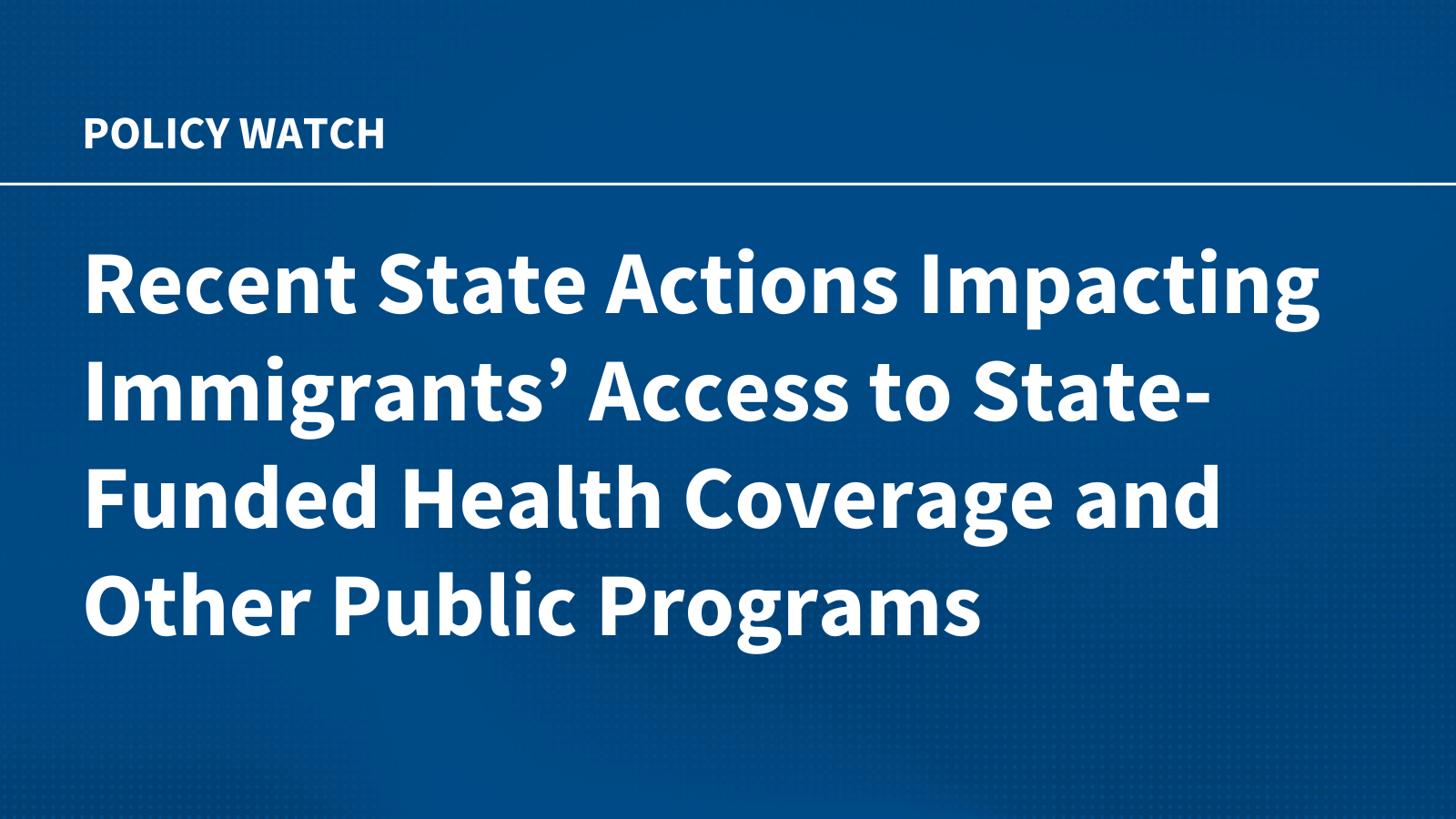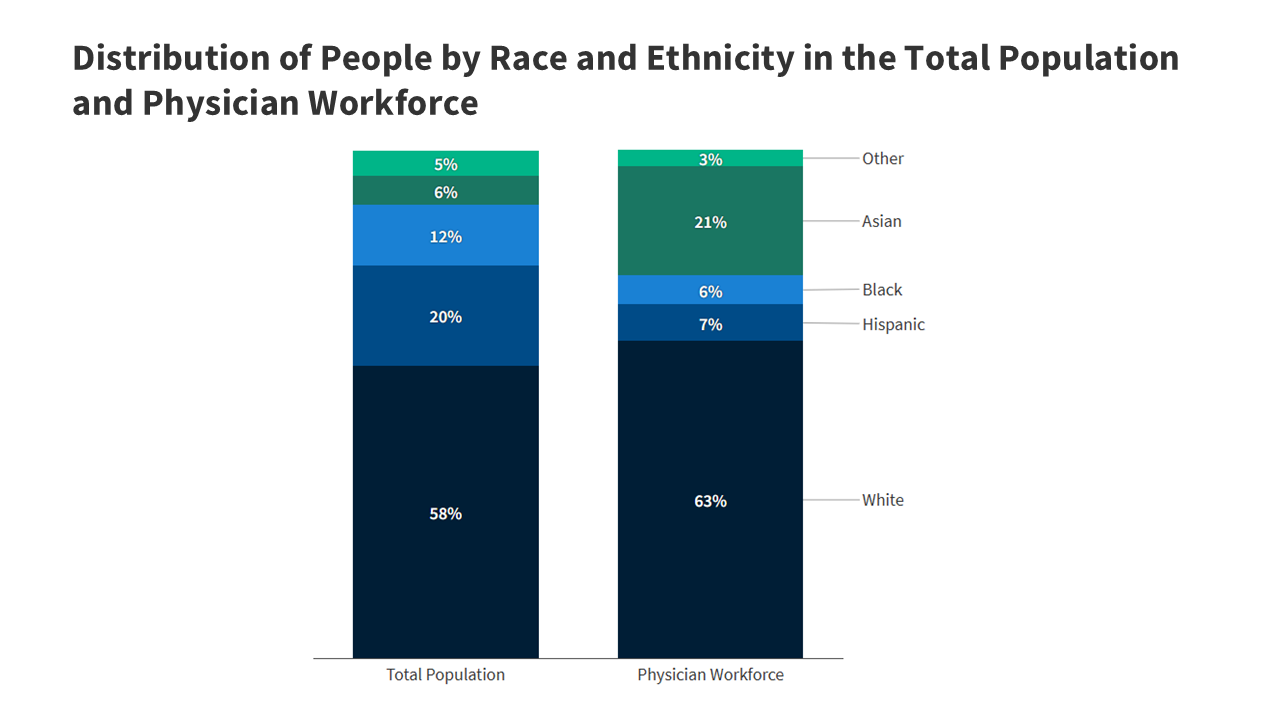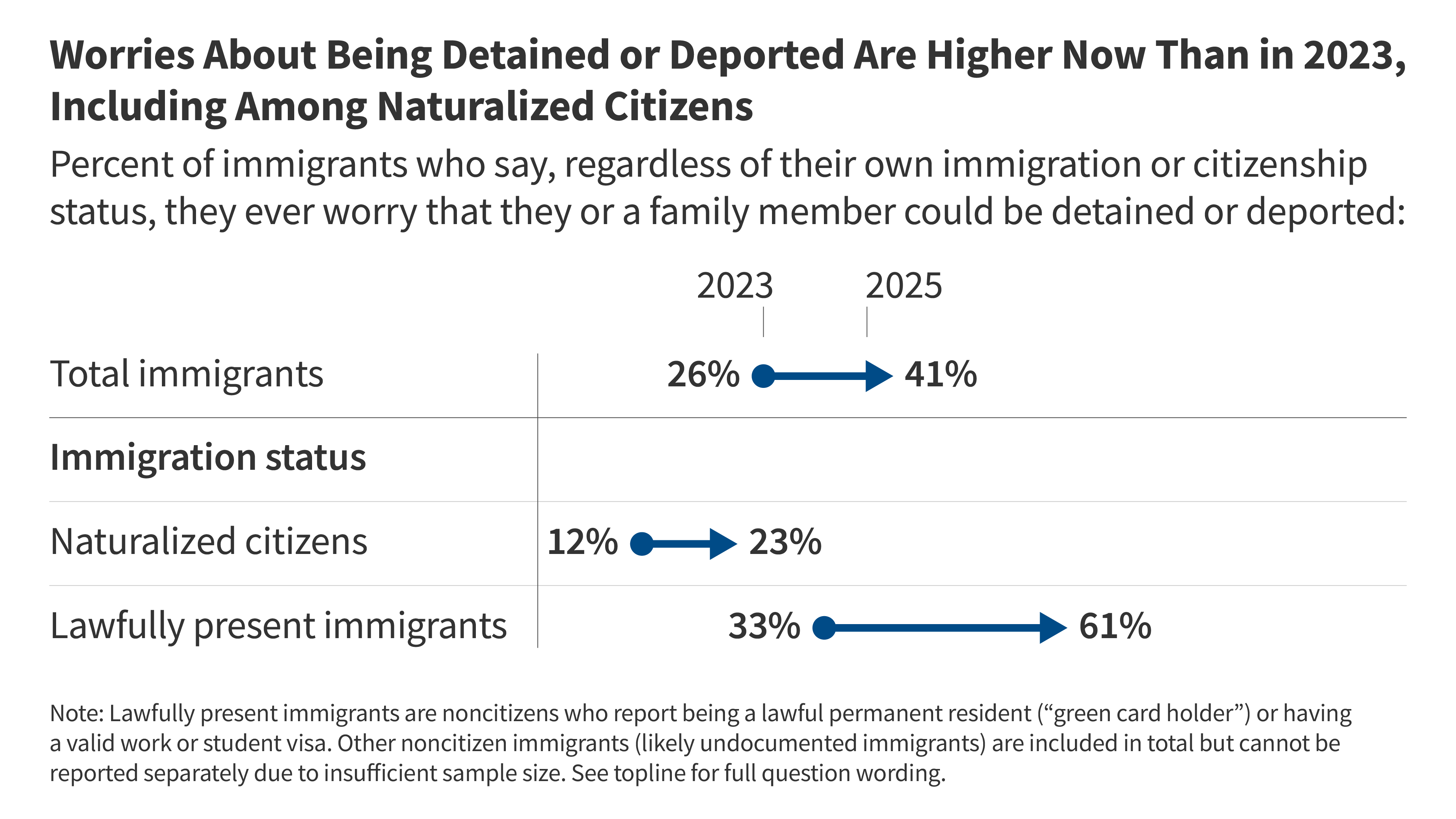Addressing the Justice-Involved Population in Coronavirus Response Efforts
Addressing health care needs of people moving into and out of the criminal justice system and staff who work them is an important component of coronavirus response efforts and protecting and promoting public health within the communities in which correctional facilities are located. This brief provides data on spread of coronavirus within correctional facilities, discusses the health risks for the justice-involved population and the staff who work with them, identifies the role Medicaid can play in response efforts for justice-involved individuals, and highlights other steps correctional systems can take to mitigate risk of coronavirus for the justice-involved population and promote public health.







